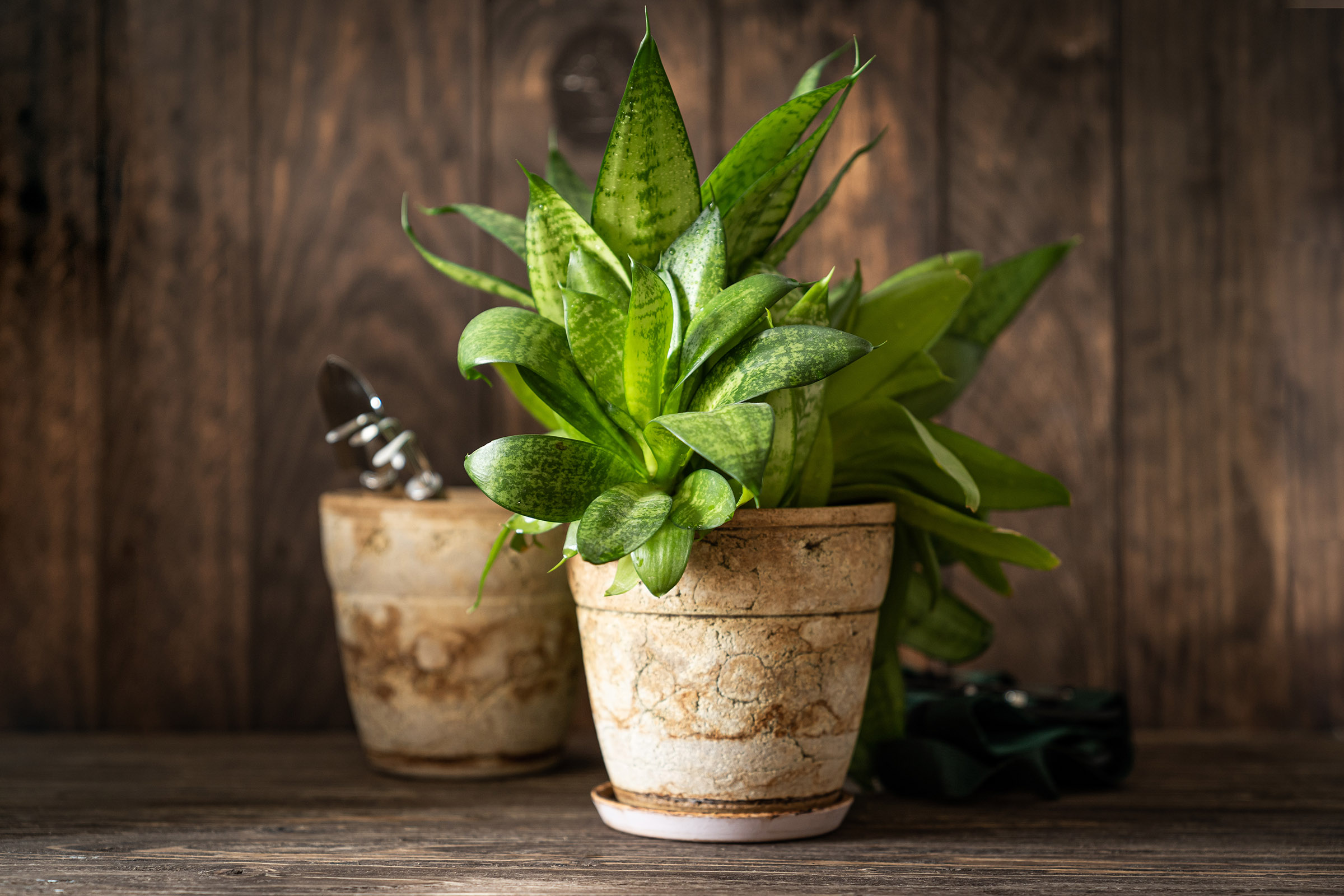Plants are more than just pretty decorations for your home. According to a new study, some plants can clean toxic chemicals from the air, helping clear out cancer-causing toxins in a matter of hours. The latest research is published online on the University of Technology Sydney’s website.
The research was carried out in partnership with Ambius, a plantscaping solutions company. According to the reports that the researchers published, a mix of indoor plants effectively removed harmful and even cancer-causing pollutants from a testing area. They also found that plants could remove 97 percent of the most toxic compounds within just eight hours.
This kind of discovery is fascinating, especially when you consider the number of deaths experienced globally that are driven by poor air quality. Much of the United States is dealing with air quality alerts right now, and it seems like it only gets worse as time passes. Knowing the extent of how much plants can clean the air in your house is important because it can help you create a better defense against air pollutants.

Past research has already shown similar results, and we’ve even seen genetically engineered houseplants designed to help clean the air more efficiently. With this new research, though, scientists will have an even broader foundation to work with when it comes to figuring out just how effective plants can be at removing toxins from the air. Additionally, it can help us determine which plants do the job the best.
While research into this topic has been published in the past, this is the first time researchers have tested household plants’ efficiency against petrol-related compounds. One particular dangerous compound called benzene was actually digested at a faster rate than less harmful substances, so it’s almost like the plants can tell which is the most dangerous and which can wait longer.
It really is a unique and intriguing look into the behavior of plants as they deal with toxins in the air around them. The research also shows that plants can adapt to higher concentrations of toxins in the air, with them working faster and more effectively when the conditions call for it.








